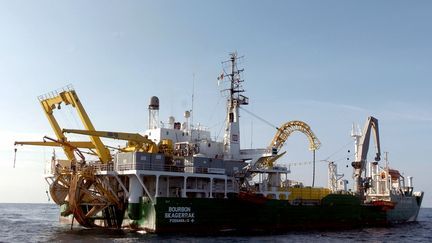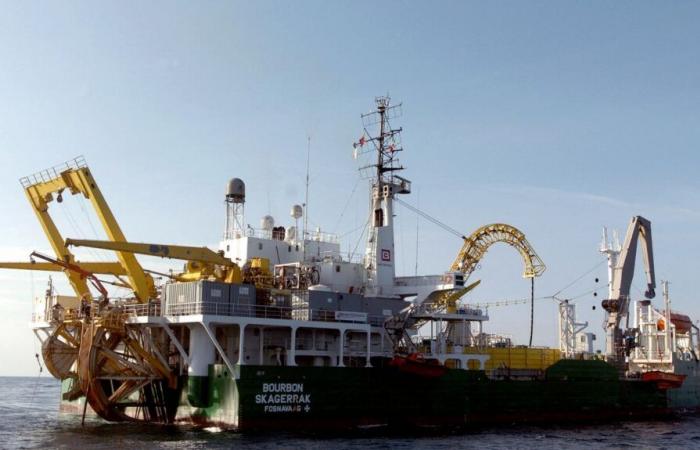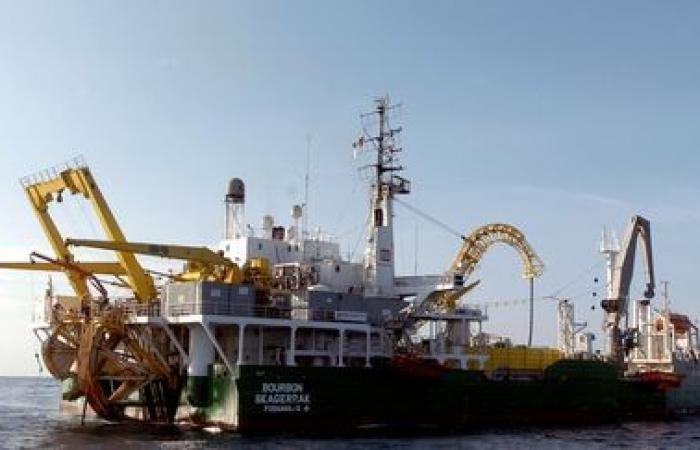Submarine cables have been cut several times in the Baltic Sea. Since the start of the war in Ukraine, Russia has been suspected of being behind this sabotage. NATO will strengthen its military presence and is working on emergency satellite links.
Published on 03/01/2025 10:55
Reading time: 2min

Russian sabotage of submarine cables in the Baltic Sea has not been proven. Most often, these are civilian ships that leave their anchor in the wrong place. But since most of them have a Russian cargo or have made a stopover in Russia, many people no longer believe in chance.
NATO's response is both military and technological. Military because the Alliance has announced that it is strengthening its presence in the Baltic Sea to better protect these cables, which have become so strategic since they carry more than 95% of global internet traffic. However, they remain very exposed since they are simply unrolled and placed on the bottom of the ocean. And since repairs can take weeks with considerable costs, NATO is also working on a backup links project. The objective is to automatically redirect seabed traffic to satellites in the event of an outage.
However, a satellite connection is not fast enough. With submarine cables, we move gigantic volumes at considerable speeds. Even with the best current satellites, it would go tens of thousands of times slower. In any case, the objective is not to replace the cables, but simply to relieve them during the repair. Today, in the event of an outage, traffic is already redirected to other land connections. So the satellite will above all provide an additional option.
The project also seeks to automate everything. Because today, redirections are done manually when the infrastructures belong to different states. This is why the project also includes an important international cooperation component.
Excluding sabotage, there are, on average, around a hundred incidents per year. Of the 600 cables there are in the world, that ends up being a lot. But they are very exposed at the bottom of the water. So beyond satellites, we are also looking for ways to protect them physically. Obviously, without it costing a fortune like digging tunnels at the bottom of the abyss.
France
World








